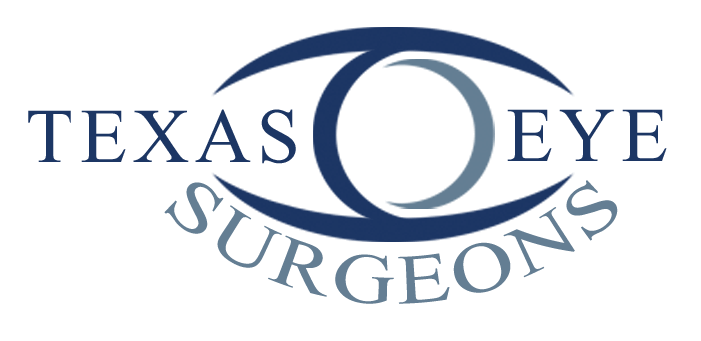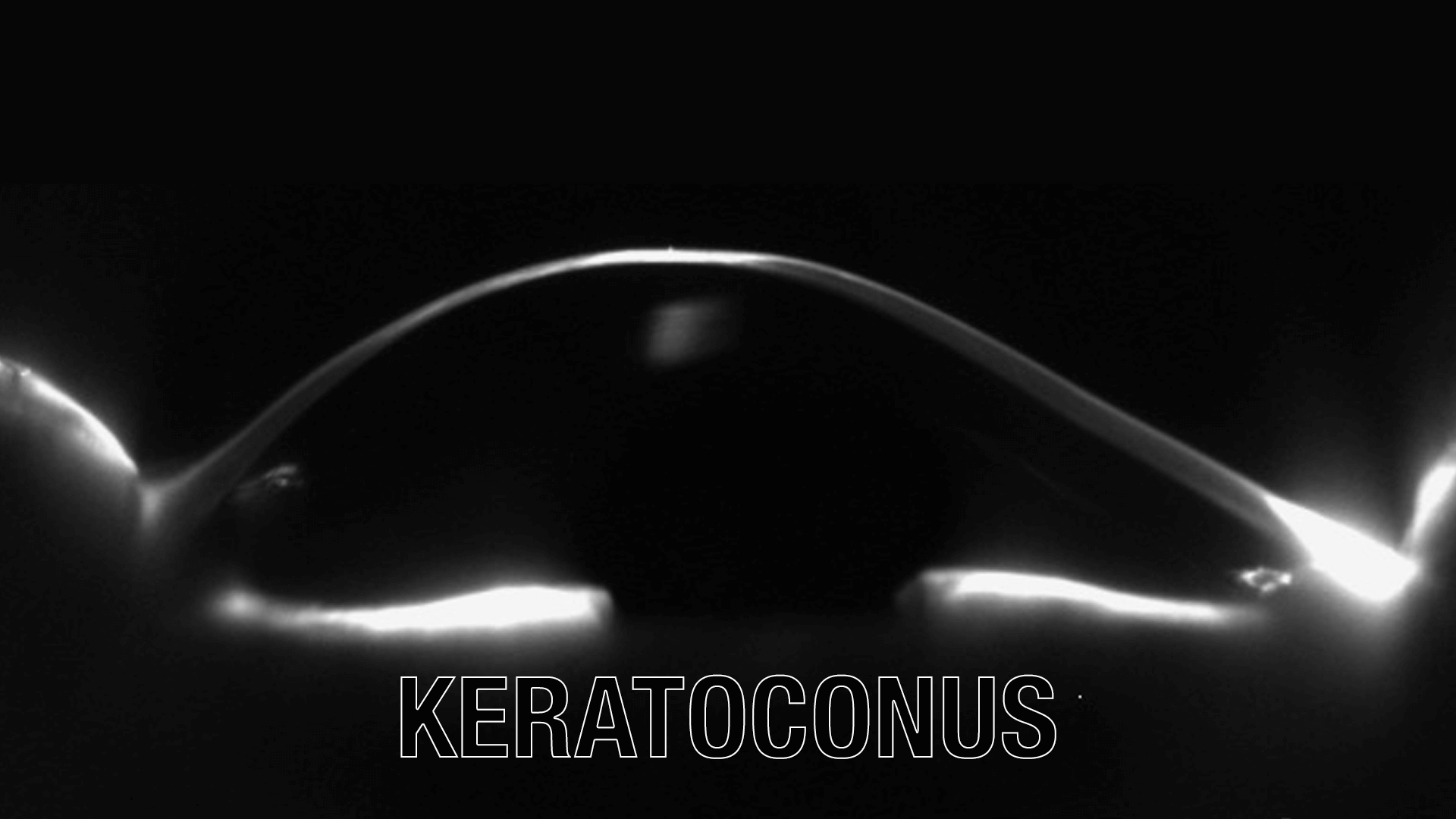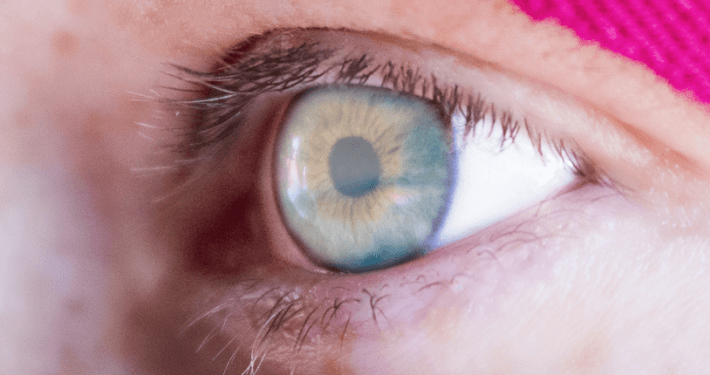Keratoconus
The medical specialty of ophthalmology deals with diseases of the eyes and includes treatment of a wide variety of eye problems, including care for cataracts, glaucoma, dry eyes and other diseases. Keratoconus is a disorder of the cornea of the eyes, the clear covering that helps to reflect images clearly. When keratoconus develops, individuals develop blurred, distorted vision that impacts their daily lives.
Texas Eye Surgeons can provide treatment for keratoconus, to help individuals enjoy clearer vision for their work and for recreational activities.
Understanding Keratoconus
The cornea is the transparent dome the covers and protects the front of the eyes. It is composed of tiny fibers of collagen protein that helps it to keep its rounded shape. However, when these fibers become weakened the cornea may begin to bulge slightly, developing a cone shape and causing vision problems.
Researchers do not yet know why keratoconus occurs. The risk for developing keratoconus appears to have a genetic component. Individuals generally begin to have symptoms in their 20s, which gradually worsen over 10 to 20 years.
Symptoms of Keratoconus
In the early stages of the condition, individuals experience mild blurring of vision, a wavy appearance to straight lines, sensitivity to light or glare, and redness or swelling of the eyes. Later, distortion of vision increases, the individual may need frequent changes in prescription glasses and contact lenses may no longer fit properly. In some cases, keratoconus can suddenly worsen, with swelling of the corneal surface and scarring that distorts vision more severely.
Treatment of Keratoconus
The treatment recommended for keratoconus will depend on the severity of the corneal bulging. For mild problems, eyeglasses can help to correct vision distortion caused by the irregular shaping. Soft contact lenses may also help be used to correct vision. For more severe keratoconus, hard lenses may be needed to help reshape the cornea.
Hybrid lenses with a soft outer ring and hard inside surface can provide vision correction with increased comfort. Scleral lenses sit on the white part of the eye and may be needed for more severe keratoconus problems. Corneal inserts are available that help to flatten the cone shape of the cornea and slow the progress of the disease. If the cornea has become very thin or is severely scarred, a corneal transplant may be necessary.
Make Texas Eye Surgeons Your Ophthalmologist in Plano TX
Dr. Ali brings his intensive knowledge of ophthalmology and years of experience in the practice of maintaining eye health of his patients in Plano, TX and nearby communities. We utilize state-of-the-art equipment and the most modern techniques to provide a broad range of eye care services, including eye exams and treatment of eye diseases.
Contact Texas Eye Surgeons today at (972) 379-3937 for an appointment to discuss your options for treatment of keratoconus and other eye problems.







